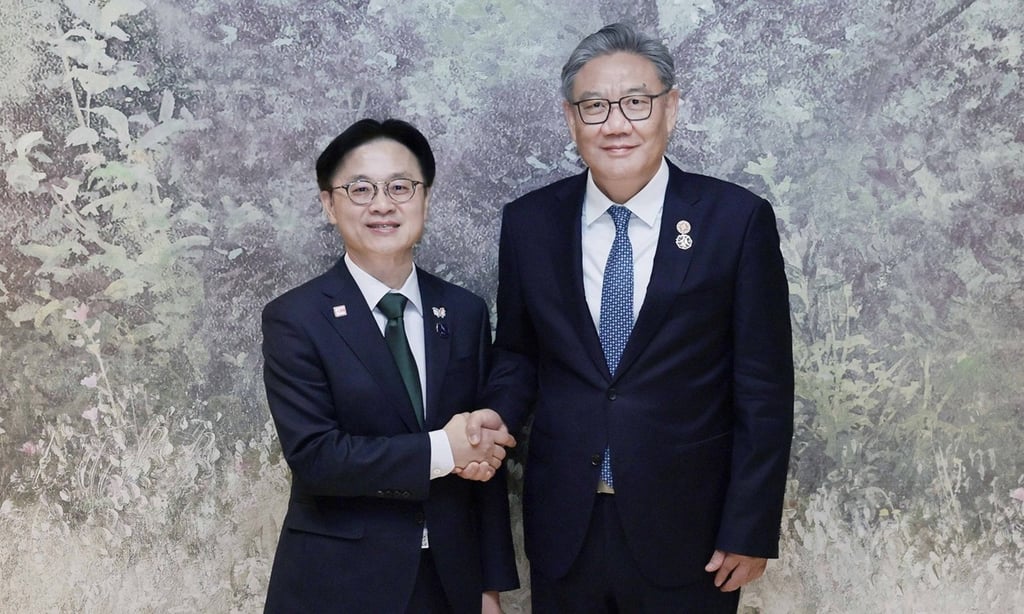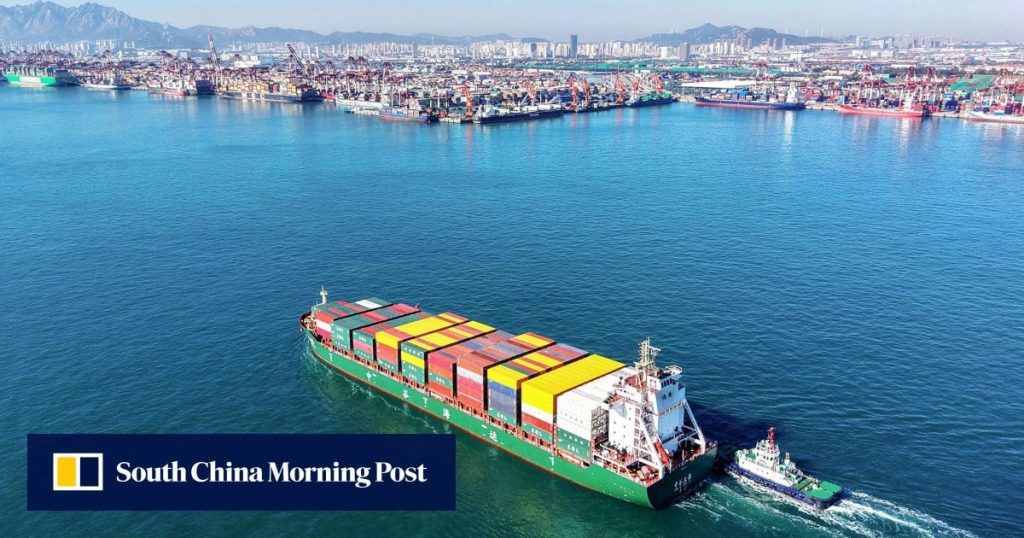As Beijing continues advocating for deeper regional economic cooperation in East Asia amid ongoing tensions with Washington – including by working towards a free-trade agreement (FTA) with Japan and South Korea – analysts say that making substantial progress remains challenging, given the existing trade framework and conflicting interests.
Meanwhile, China and South Korea should enhance communication through existing export-control and supply-chain mechanisms to ensure the smooth operation of supply chains between the countries, Wang said.

The trilateral FTA has been on the cards for more than two decades, and official negotiations were formally launched in 2012 but have been stalled for the past few years, in part due to the Covid-19 pandemic. Still, the three countries are all members of the existing, though less comprehensive, Regional Comprehensive Economic Partnership (RCEP).
While the idea of resuming negotiations was already floated last year during a trilateral leaders’ summit, both Japan and South Korea now have new leadership.
“It will be very difficult, because Takaichi has been very accommodating to [US President Donald] Trump … so, I don’t think she’s going to get into this,” Garcia-Herrero said.
Meanwhile, the potential costs of such an FTA would outweigh gains for both South Korea and Japan, as China imports much less from the two countries because it is producing what they used to sell to China, she said.


